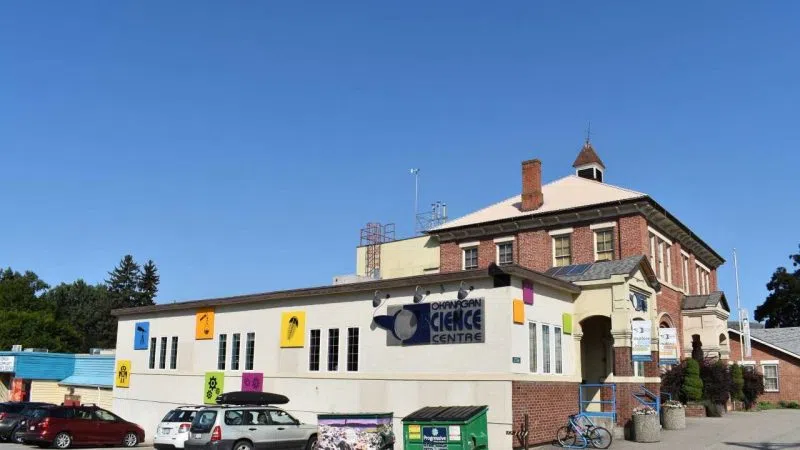
B.C. strengthening health care workforce with $155M investment
The province is funding numerous initiatives to bolster certain segments of the health care workforce.
Health Minister, Adrian Dix announced a provincial investment to strengthen the health care system, with a special focus on health sciences and allied health care professionals.
“To support the implementation of the B.C. Health Human Resources strategy and the Allied Health Strategic Plan, the province is investing $155.7-million in initiatives that will retain and recruit allied health and clinical support staff,” Dix said.
“This includes up-to $73.1-million for retention and recruitment incentives to expand the Provincial Rural Retention Incentive and provide signing bonuses for those who fill high-need vacancies. These are critical opportunities for us to recruit the health sciences professionals that we need.”












